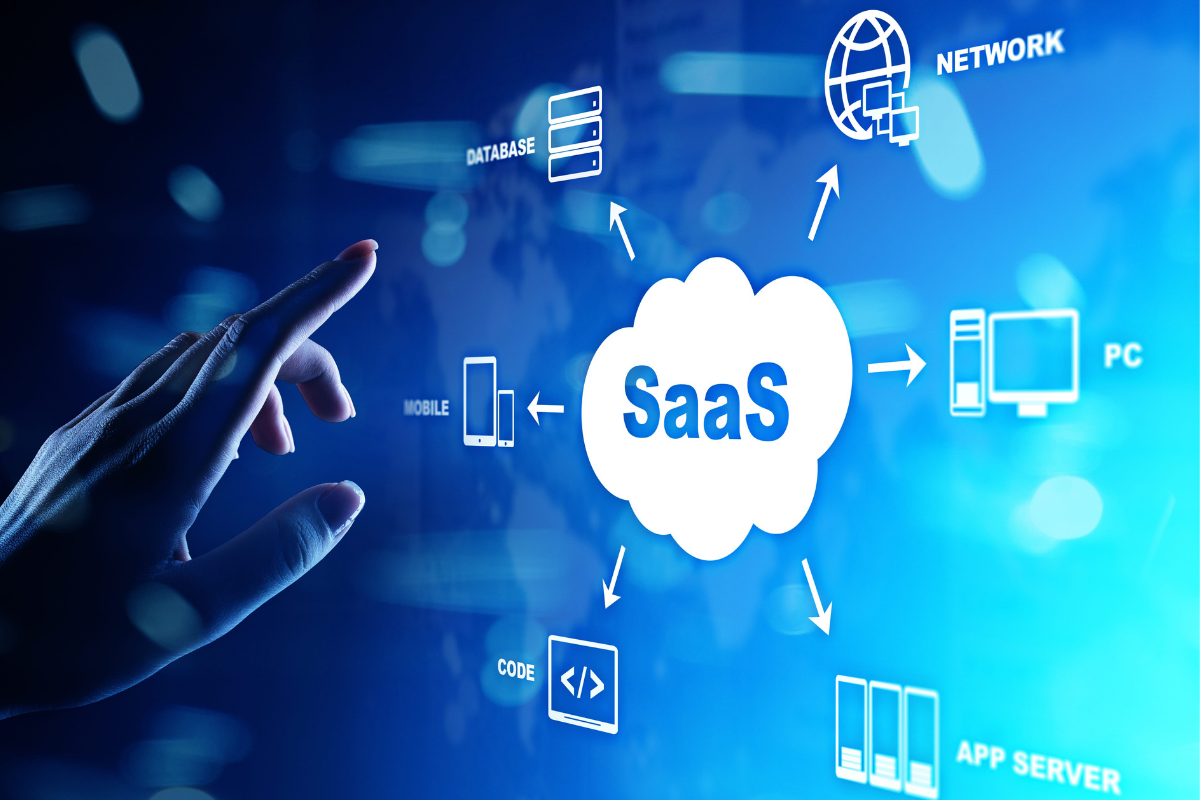
The Benefits Of Software-as-a-service For Remote Teams
In today’s digital age, remote work has become increasingly popular. With the advancements in technology, it is now possible for teams to collaborate and work together regardless of their physical location. One of the key tools that has enabled this shift is Software-as-a-Service (SaaS). SaaS allows teams to access and use software applications over the Internet, eliminating the need for physical infrastructure and enabling seamless collaboration. In this article, we will explore the benefits of SaaS for remote teams and how it has revolutionized the way we work.
Cost Efficiency
One of the major advantages of SaaS for remote teams is its cost efficiency. Traditional software applications often require significant upfront costs for licenses, hardware, and infrastructure. With SaaS, teams can access software applications on a subscription basis, paying only for what they need and use. This eliminates the need for upfront investments and allows teams to scale up or down as needed. Additionally, SaaS providers are responsible for maintaining and updating the software, reducing the burden on remote teams and freeing up resources for other critical tasks. This cost-efficient model makes SaaS an attractive option for remote teams, especially those operating on tight budgets.

Accessibility and Flexibility
SaaS offers remote teams the flexibility to work from anywhere and at any time. Since the software applications are cloud-based, team members can access them using any internet-connected device, whether it be a laptop, tablet, or smartphone. This enables teams to collaborate seamlessly, regardless of their location. Remote teams can work across different time zones, allowing for round-the-clock productivity and faster turnaround times. Furthermore, SaaS applications often have mobile versions or dedicated mobile apps, allowing team members to work on the go. This flexibility and accessibility empower remote teams to work on their own terms and maximize their productivity.
Collaboration and Communication
Effective collaboration and communication are crucial for remote teams to succeed. SaaS applications provide a range of features and tools that facilitate collaboration and communication among team members. For example, project management software allows teams to track tasks, set deadlines, and share progress updates in real time. Communication tools such as instant messaging, video conferencing, and file sharing enable teams to communicate effectively and share information seamlessly. These collaboration features promote transparency, accountability, and teamwork, even when team members are physically dispersed. SaaS applications act as a virtual office space, bringing remote teams together and fostering a sense of unity and cohesion.
Scalability and Customization
SaaS applications are highly scalable, making them ideal for remote teams that experience rapid growth or fluctuating workloads. With traditional software, scaling up often requires additional licenses, hardware, and infrastructure, which can be costly and time-consuming. SaaS applications, on the other hand, can be easily scaled up or down based on the needs of the team. Teams can add or remove users, increase storage capacity, or upgrade to higher-tier plans with just a few clicks. This scalability ensures that remote teams can adapt quickly to changing demands and remain agile in a dynamic business environment. Additionally, SaaS applications often offer customization options, allowing teams to tailor the software to their specific needs and workflows.

Enhanced Security and Data Protection
Security and data protection are paramount for remote teams, especially when dealing with sensitive information. SaaS providers prioritize security and invest in robust infrastructure and protocols to ensure the safety of their users’ data. They employ measures such as encryption, secure data centers, regular backups, and multi-factor authentication to protect against unauthorized access and data breaches. By relying on reputable SaaS providers, remote teams can benefit from enterprise-level security without the need for dedicated IT resources or expertise. This allows teams to focus on their core tasks and have peace of mind knowing that their data is safe and protected.
Software-as-a-Service has undoubtedly transformed the way remote teams work, providing them with cost efficiency, accessibility, collaboration and communication tools, scalability, customization options, and enhanced security. The benefits of SaaS for remote teams are numerous, enabling them to work seamlessly across different locations, time zones, and devices. As remote work continues to gain traction, SaaS will play a vital role in empowering teams to collaborate effectively and achieve their goals, regardless of physical boundaries.
